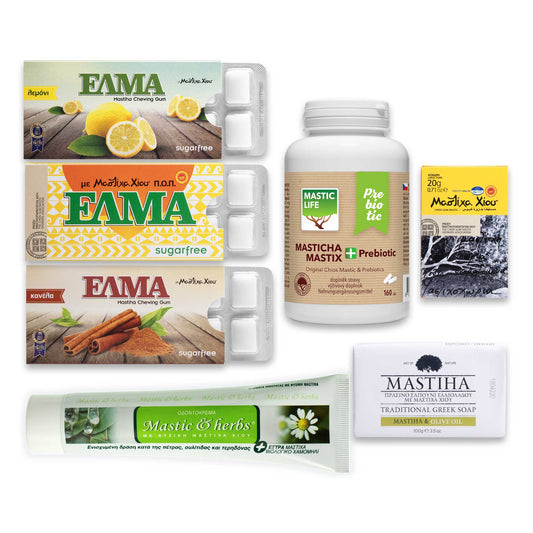What to do if you are troubled by stomach ulcers?
Share
If you have already suffered from stomach ulcers, you will surely agree that it is certainly not a pleasant experience. For most adults, sneaky bacteria may be to blame, but long-term stress, alcohol and, of course, poor eating habits also play a major role.
Helicobacter pylori bacteria can cause stomach ulcers, and unhealthy eating, alcohol or smoking can also be largely to blame.
Gastric ulcers
According to the survey, up to half of the population suffers from stomach ulcers during their lifetime. Gastric ulcers are one of the so-called peptic diseases. An ulcer is actually a kind of defect in the mucous membrane that penetrates its muscular layer. If the mucosa does not have a sufficient protective mucous layer, its integrity is compromised and a gastric ulcer is formed.
Helicobacter pylori
Helicobacter pylori may be the main cause. One in three people on the planet carries this bacterium in their stomach from childhood. It only causes major problems in adulthood, when, under various circumstances, it causes severe stomach inflammation, ulcers and, in some cases, stomach cancer.
However, the majority of individuals infected with this bacterium may not have any problems, as almost 70% of our population have been found to have the necessary antibodies.
Early signs of the disease
Ulcers can occur along the entire length of the digestive tract, from the oesophagus to the rectum, but are most common in the stomach and duodenum.
The initial symptoms of stomach ulcers may be burning in the oesophagus, acidic feelings in the oesophagus, vomiting or persistent abdominal pain.
In peptic ulcer, the pain usually appears shortly after eating, in the epigastric region or under the sternum, and may spread to below the rib arch, being stabbing and dull.
An ulcer in the duodenum, on the other hand, hurts at fasting, and the pain subsides with eating. Untreated ulcers can become very complicated, for example by bleeding or rupture. In any case, a visit to the doctor is necessary.
The doctor will be primarily interested in your lifestyle, eating habits, but also in the pain in connection with eating or the presence of blood in the stool. A follow-up examination is carried out endoscopically by a gastroenterologist. This will also allow a sample to be taken for a more detailed examination if necessary.
Ulcer disease can be divided into three stages:
- First stage - stomach acidity, heartburn, the ulcer is not yet evident on X-ray
- Second stage - regular pain, the X-ray already shows the ulcer
- Third stage - digested blood appears in the stool
What to do?
When an ulcer is diagnosed, the first thing your doctor will recommend is a balanced diet and a non-irritating diet. The main thing is to eat regularly and calmly, smaller servings are advisable. Spicy foods and fruit juices are forbidden, and alcohol and smoking should be avoided as a matter of course.
First aid tips for stomach ulcers
- Prefer food that is easy on the stomach. Avoid spicy and fatty foods.
- Avoid coffee, alcohol and nicotine.
- Drink herbal tea. Good choices include fennel, anise and chamomile tea.
- Reduce stress in everyday life.
When proving the infection of Helicobacter pylori bacteria, antibiotics are effective in helping.
Do you want to test for the bacteria in the comfort and privacy of your home? Order our home test:






